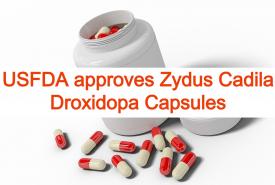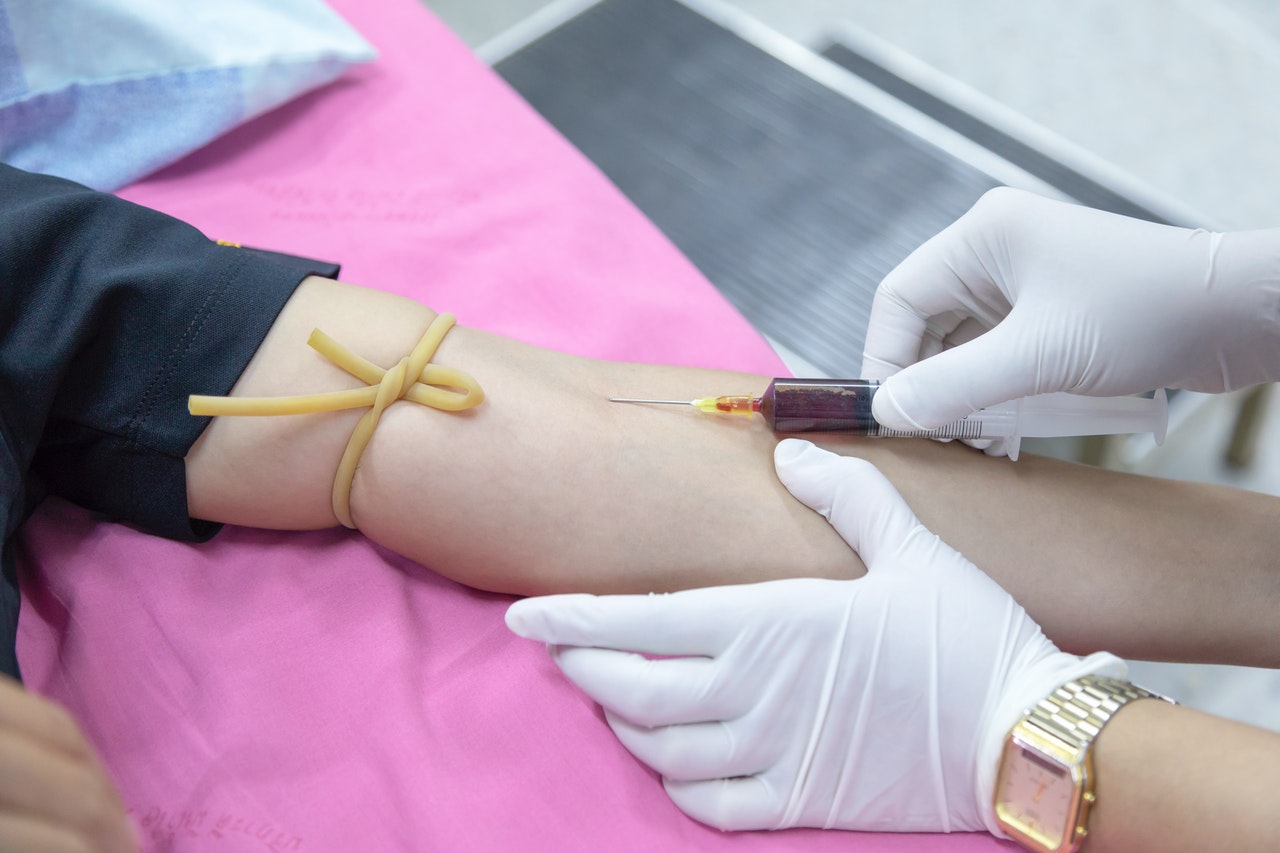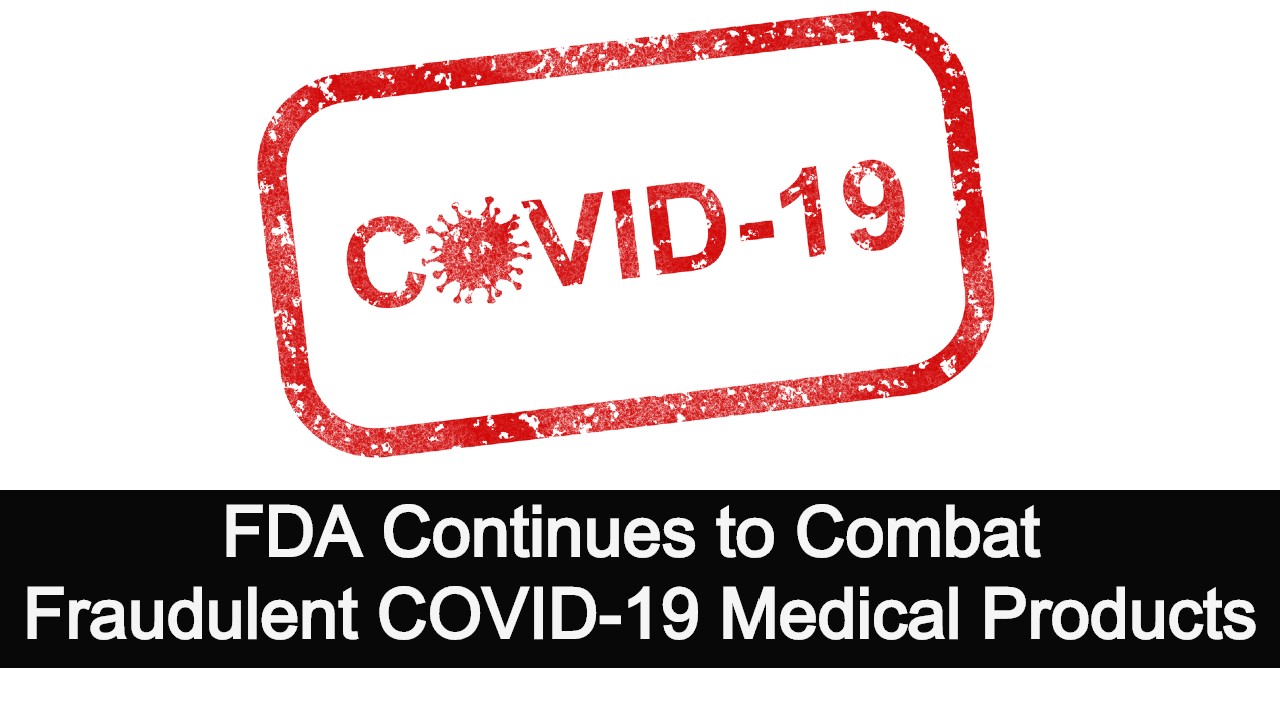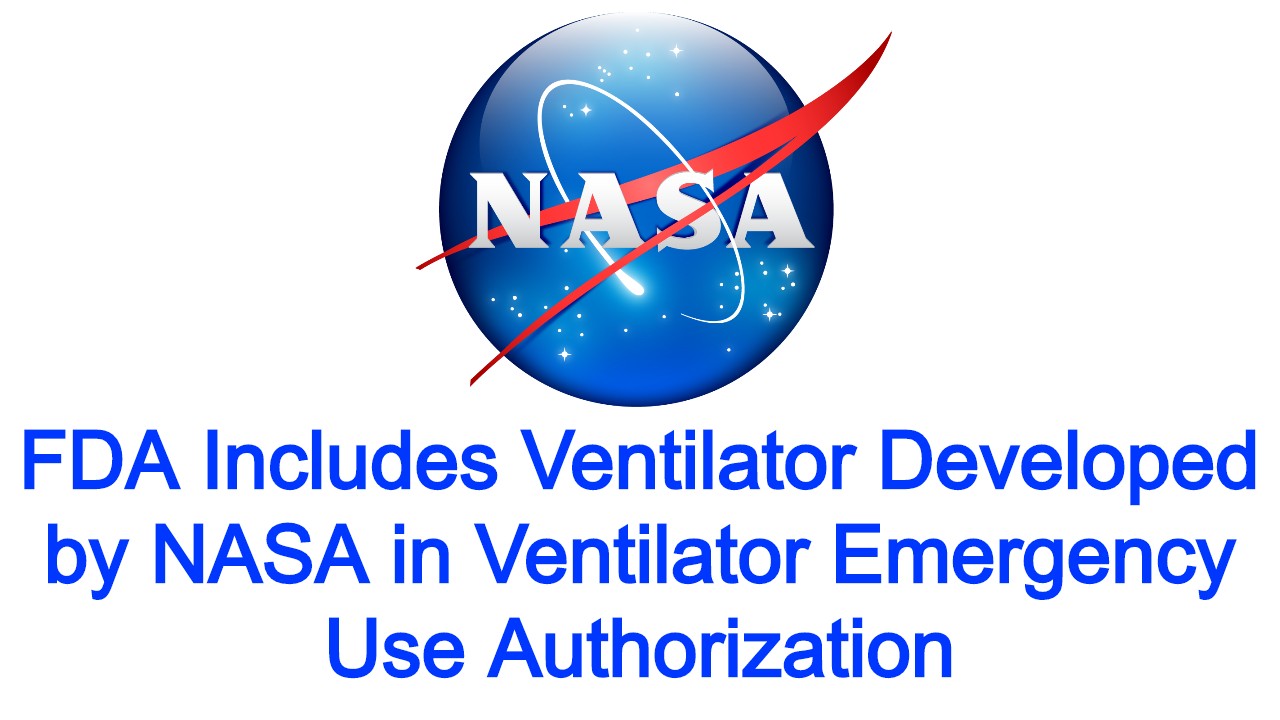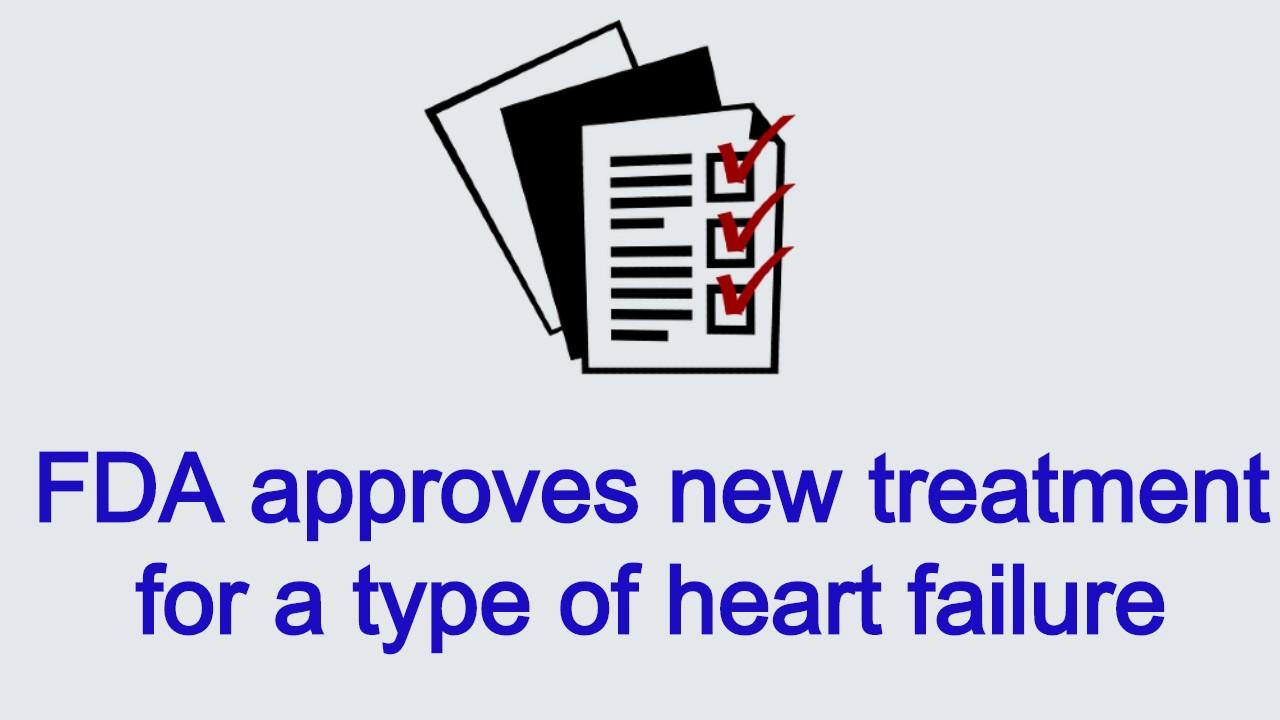Zydus Cadila has received tentative approval from the USFDA to market Droxidopa Capsules, (US RLD: Northera®) in the strengths of 100 mg, 200 mg, and 300 mg.

Bristol Myers Squibb announced that Opdivo (nivolumab) 3 mg/kg plus Yervoy (ipilimumab) 1 mg/kg (injections for intravenous use) was approved by the U.S. Food and Drug Administration (FDA) for the first-line treatment of adult patients with metastatic non-small cell lung cancer (NSCLC) whose tumors express PD-L1 (≥1%) as determined by an FDA-approved test, with no EGFR or ALK genomic tumor aberrations.



